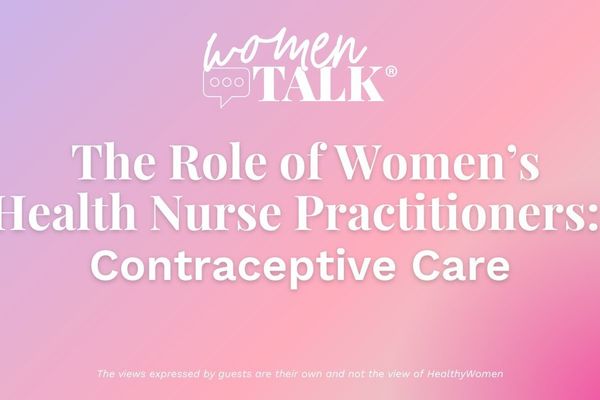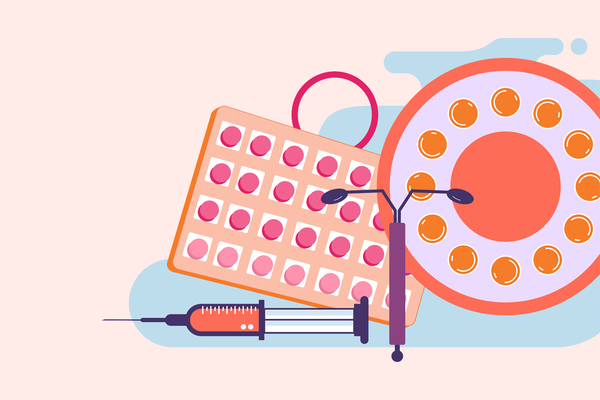Effectiveness: 87 to 99.7 percent (effectiveness is near 100 percent if the pill is taken daily as directed; because many women do not use as directed, the pregnancy rate is 2-9 pregnancies per 100 women each year, and it may be slightly less effective if you’re overweight).
What is it? Progestin-only birth control pills contain a synthetic hormone similar to the progesterone produced by your body. They come in packs containing 28 pills, all of which contain hormones. They must be taken within the same three hours every day to keep hormone levels even and be effective. Birth control pills are often referred to as "the pill" or oral contraception. The majority of women taking the pill use combination estrogen/progestin pills, but the progestin-only option is better for some women.
How does it work? Mini-pills release synthetic progestin that keeps you from releasing eggs so pregnancy cannot occur. The hormones also thicken your cervical mucus and affect the lining of the uterus, both of which may help prevent pregnancy.
STD protection: No; you will still need to use condoms if you are concerned about STDs.
Benefits: It's simple and convenient and allows you to feel more spontaneous about having sex. It may make your periods regular, lighter and shorter and reduce menstrual cramps. The mini-pill may offer some protection against endometrial cancer and pelvic inflammatory disease. The mini-pill can be taken if you smoke or have high blood pressure, though all women should consider not smoking when using hormonal birth control. Your ability to get pregnant returns quickly when you stop using the pill.
Disadvantages: May cause irregular bleeding, headaches and changes in mood or sex drive. Some of the side effects common with combination birth control pills may occur with the mini-pill but are less likely, including nausea and breast tenderness. The mini-pill is not recommended if you are pregnant or think you may be pregnant; have (or have had) breast cancer; have unexplained vaginal bleeding; or have untreated blood clotting problems. Certain medicines and supplements may make the pill less effective, including the antibiotic rifampin, certain oral medicines taken for yeast infections, some HIV medicines, some anti-seizure medicines and St. John's wort. Vomiting and diarrhea may also prevent the pill from working. As with other forms of hormonal birth control, there is a slightly increased risk of heart attack, stroke and blood clots. Serious complications are rare, but always talk with your health care provider about risks and benefits.
Availability: Prescription required.
Cost: $15 to $50 for a 1-month supply.*
Notes: It’s important to take the mini-pill at the same time daily. If you’re more than 3 hours late taking a pill, take the missed pill as soon as you remember and take the next pill at the usual time. Use backup contraception (such as condoms) for at least two days after you take the late pill. If you miss more than one pill, contact your health care provider; there is an increased risk of pregnancy. Consider emergency contraception if you’ve had intercourse before you realize you missed pills.
* The Affordable Care Act requires insurance companies to cover with no co-pay any FDA-approved contraceptive method prescribed by your doctor, including barrier methods, hormonal methods, implanted methods, emergency contraception, female sterilization and patient education and counseling. These estimated costs apply to women who do not have insurance coverage or who work for a "religious employer," who may be exempt from providing contraceptive coverage. For details about what your insurance covers, contact your benefits coordinator or health insurance provider.






